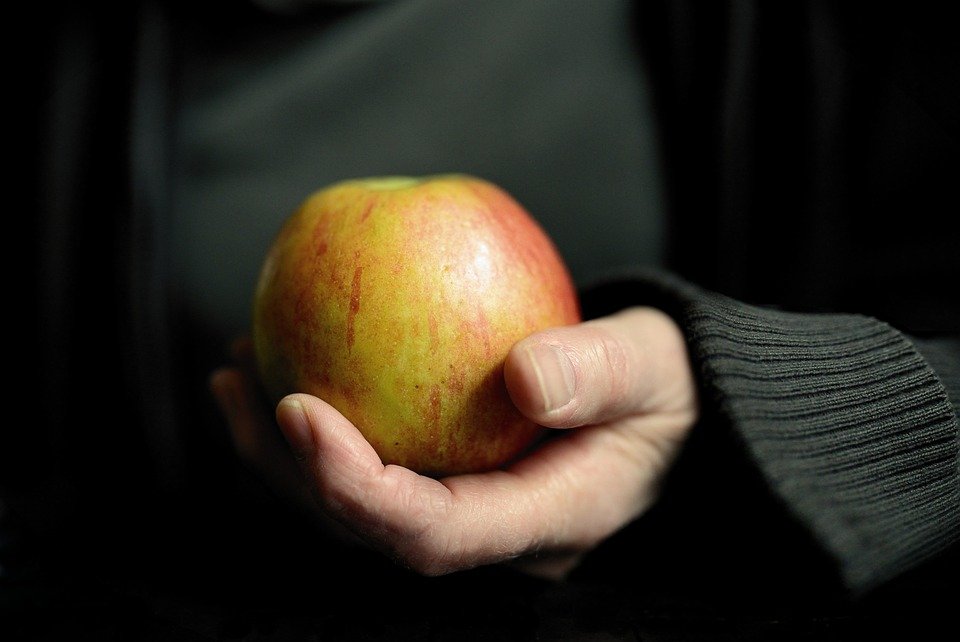The Science Behind Popular Diet Trends: Fact or Fiction?
In today’s health-conscious society, diet trends seem to come and go as quickly as the seasons change. From keto to paleo, intermittent fasting to juice cleanses, it’s hard to keep up with the latest fad diets that promise weight loss, increased energy, and improved overall health. But what does science have to say about these popular diet trends? Are they really based on solid evidence, or are they just clever marketing ploys? Let’s dive in and separate fact from fiction.
The Keto Diet: A Low-Carb, High-Fat Approach
The ketogenic diet, or keto for short, has gained significant attention in recent years. This diet drastically reduces carbohydrate intake and replaces it with fats, forcing the body into a state of ketosis, where it burns fat for energy. While some studies have shown short-term weight loss benefits, the long-term effects of the keto diet are still not well understood. Additionally, the high-fat content of the diet raises concerns about cardiovascular health.
The Paleo Diet: Eating Like Our Ancestors
The paleo diet claims to emulate the eating habits of our ancestors from the Paleolithic era. It focuses on whole foods like lean meats, fish, fruits, vegetables, nuts, and seeds while excluding processed foods, grains, legumes, and dairy products. While the paleo diet encourages healthy eating habits, some critics argue that it disregards the benefits of modern nutritional knowledge and lacks scientific evidence to support its claims.
Intermittent Fasting: Time-Restricted Eating
Intermittent fasting involves alternating periods of eating and fasting. The most popular approach is the 16/8 method, which restricts eating to an eight-hour window and fasting for the remaining 16 hours. While some studies suggest that intermittent fasting may have benefits such as improved insulin sensitivity and weight loss, more research is needed to fully understand its long-term effects on health and metabolism.
Juice Cleanses: Detoxification or Deprivation?
Juice cleanses involve replacing solid food with fruit and vegetable juices for a few days to remove toxins from the body and promote weight loss. However, there is little scientific evidence to support the idea that juice cleanses detoxify the body. Moreover, prolonged juice cleanses can lead to nutrient deficiencies, muscle loss, and a slowed metabolism. It is important to approach juice cleanses with caution and consult a healthcare professional before embarking on one.
Frequently Asked Questions (FAQs):
Q: Are fad diets effective for long-term weight loss?
A: Fad diets often provide short-term weight loss results due to calorie restriction. However, maintaining long-term weight loss requires sustainable lifestyle changes, including a balanced diet and regular exercise.
Q: Are there any diets that are supported by scientific evidence?
A: Yes, several diets, such as the Mediterranean diet and the DASH (Dietary Approaches to Stop Hypertension) diet, have been extensively studied and shown to have positive effects on health. These diets emphasize whole foods, fruits, vegetables, lean proteins, and healthy fats.
Q: Are there any risks associated with fad diets?
A: Fad diets can pose risks such as nutrient deficiencies, muscle loss, and an unhealthy relationship with food. They often lack essential nutrients and may be difficult to sustain, leading to weight cycling or “yo-yo” dieting.
Q: What is the best approach to maintaining a healthy diet?
A: The best approach is to adopt a balanced, varied diet that includes all major food groups in appropriate portions. It is also important to listen to your body’s needs, stay hydrated, and engage in regular physical activity.
In conclusion, while popular diet trends may offer short-term benefits, it is essential to approach them with caution and skepticism. It is always wise to consult a healthcare professional or registered dietitian before making any significant changes to your diet. Ultimately, the key to a healthy lifestyle lies in sustainable habits and a well-rounded approach to nutrition.


